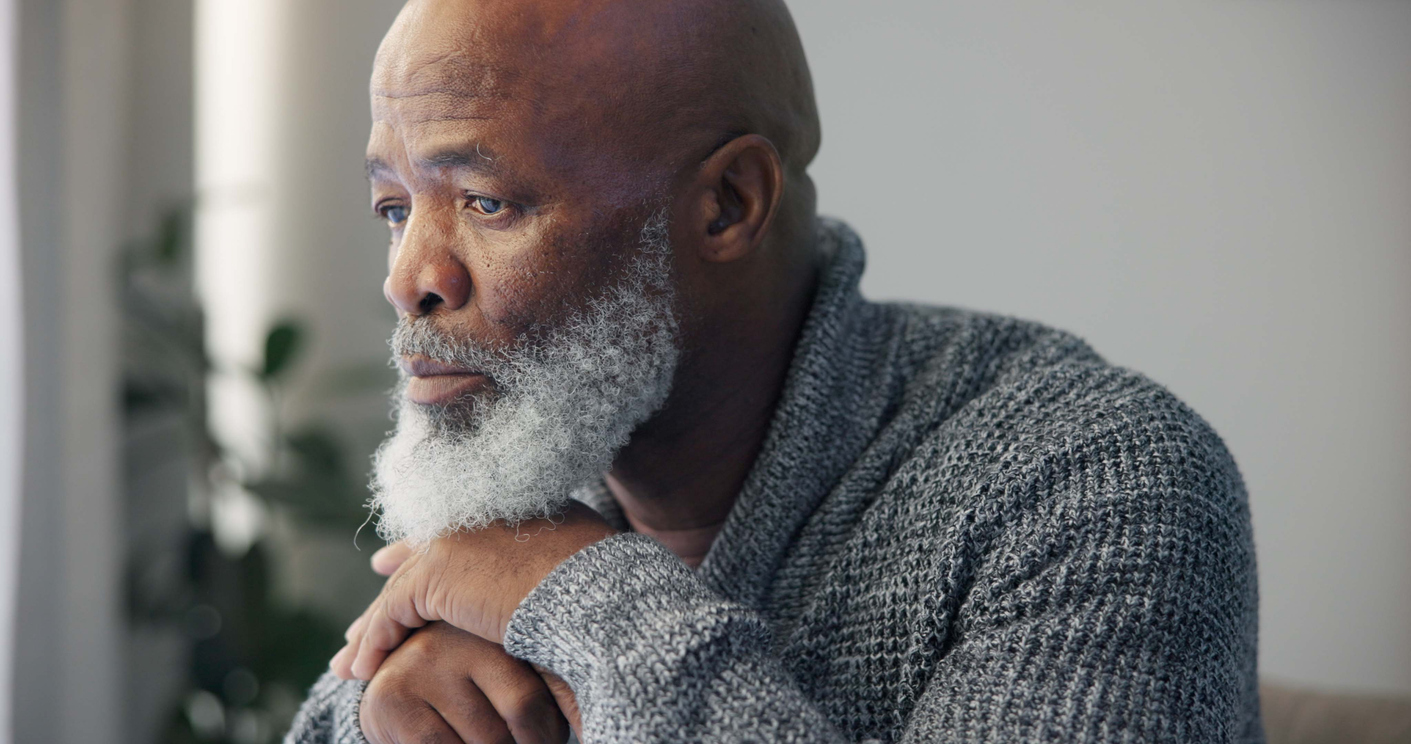Adverse childhood experiences can haunt you well past your 60s.

Your childhood experiences don’t just fade with time—they leave a mark that can still shape your life as a senior. Whether it’s trust issues, anxiety, or difficulty forming relationships, the scars of a tough upbringing can linger in surprising ways.
Let’s explore 11 ways a bad childhood continues to influence your well-being, even decades later.
1. You Struggle with Trust Even After Decades of Relationships

If you had a difficult childhood, trusting others can feel like a never-ending challenge. Even as a senior, you may find yourself questioning people’s motives or second-guessing their intentions. It’s not just romantic relationships—friendships, family bonds, even new acquaintances might be tough to fully embrace, as that early distrust lingers.
2. Conflict Still Feels Threatening, So You Avoid It

For many, a childhood filled with tension means conflict feels like a crisis. Instead of addressing issues head-on, you might shut down or avoid them entirely. As a senior, this habit can lead to unresolved issues with family, friends, or even within yourself, making it difficult to feel at peace in your relationships.
3. Your Inner Critic Is Louder Than Ever

The negative voices you absorbed as a child don’t necessarily quiet with age. In fact, they might grow louder. That harsh inner critic, always telling you you’re not good enough, can lead to self-doubt and even hold you back from fully enjoying your golden years. It’s as if the old wounds keep reopening.
4. Intimacy Can Feel Uncomfortable or Out of Reach

Emotional or physical intimacy may be a source of stress for you, even in later life. If your childhood was devoid of affection or safe relationships, getting close to others can feel foreign and frightening. Many seniors find it difficult to build or maintain deep, fulfilling connections because of these deeply ingrained fears.
5. You’re Constantly Waiting for the Other Shoe to Drop

A tumultuous upbringing can create a mindset where you’re always bracing for disaster. Even when things are going well, you might have trouble relaxing, assuming something bad is just around the corner. This can turn retirement into a time of low-level anxiety instead of the relaxation you deserve.
6. Setting Boundaries Feels Almost Impossible

If you were raised in an environment where your needs didn’t matter, setting boundaries can feel like an insurmountable task. As a senior, you might struggle with saying no or asserting yourself, even though you’ve earned the right to put your own needs first. This can lead to feelings of resentment or burnout.
7. You Feel Isolated, Even When Surrounded by People

Childhood trauma often plants the seeds of loneliness. Even if you have a social circle, you may still feel a deep sense of isolation, as though you don’t fully belong. It’s as if a part of you remains emotionally walled off, making genuine connection hard to achieve, even with those closest to you.
8. Emotional Baggage Weighs You Down, No Matter How Much You’ve Grown

The hurt from your early years doesn’t magically disappear with age. Emotional baggage can weigh heavily on your shoulders, affecting your mood and mindset. While you’ve likely grown in many ways, those unresolved feelings from your childhood can still pop up and drag you down when you least expect it.
9. Self-Worth Remains a Struggle, Despite Your Accomplishments

No matter how much you’ve achieved, that lingering sense of inadequacy can persist. If your childhood left you feeling unworthy, it can be hard to shake that belief, even after a lifetime of success. It’s like an old, worn-out tape playing in your head, telling you that no matter what, you’re still not enough.
10. You Fear Abandonment, Even in Stable Relationships

Fear of abandonment is a common aftershock of a difficult childhood. Even in long-lasting, stable relationships, you might worry that the people you care about will leave. This fear can make you overly cautious or even distant, as you try to protect yourself from the possibility of loss, never fully trusting in the permanence of love.
11. Finding Joy Feels Like a Constant Battle

Happiness might seem elusive, as though you always have to work harder than others to feel it. Childhood upheaval can make joy feel fleeting or hard to grasp. Even in your later years, when you should be enjoying life’s pleasures, you might struggle with feeling like you don’t deserve to fully embrace the good moments.
